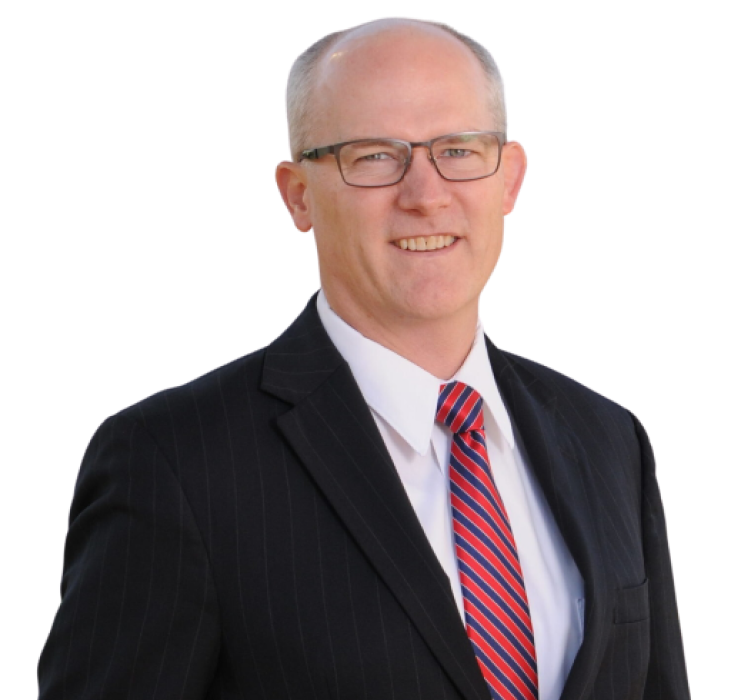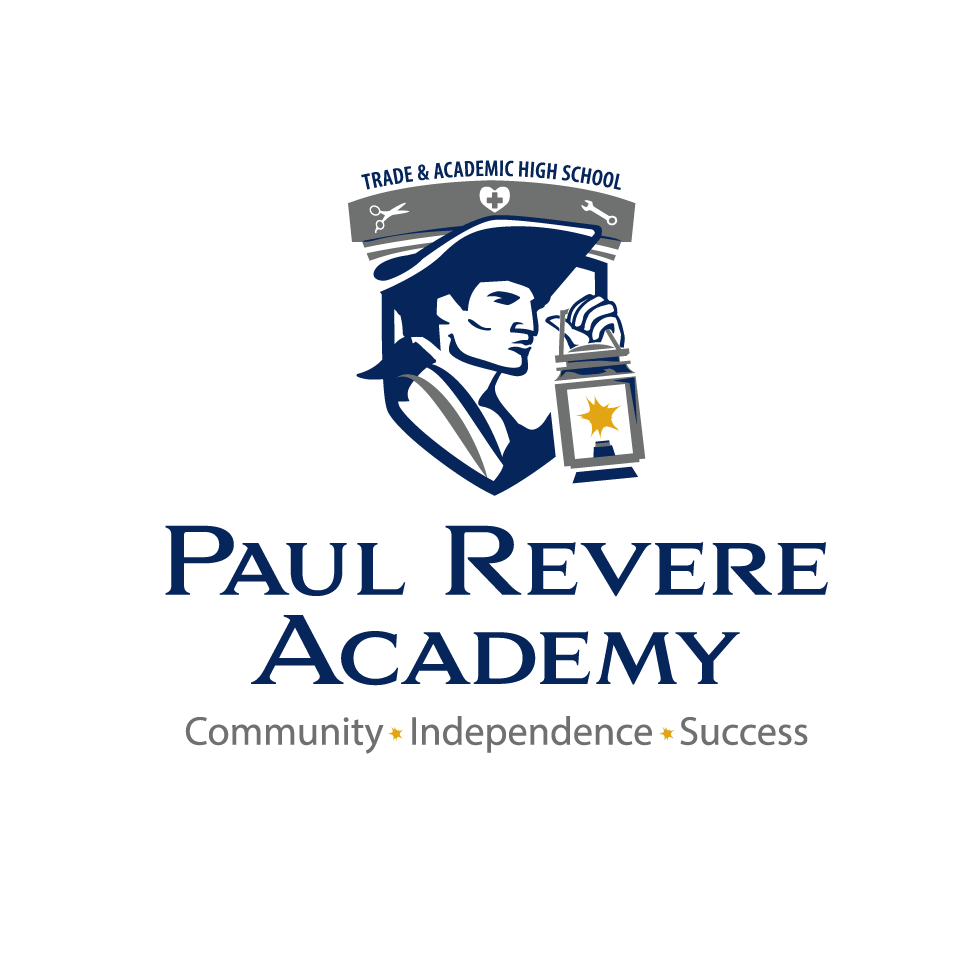American Classroom:
Stories of building a civil society
Discover the power of education in achieving the American dream. Join hosts Jared Taylor and Lindsey Crosland on ‘American Classroom: Stories of Building a Civil Society’, the show dedicated to exploring the dynamic range of education options available to parents and students. We work with educators, experts, and parents to find ways to make schools a safer place, capture opportunities for youth, and multiply the talents of our children.
School Choice Done Right: Finding the Best Fit for Your Child
School Choice Done Right: Finding the Best Fit for Your ChildSchool choice can feel empowering and overwhelming at the same time. Jared Taylor and Lindsey Crosland welcome Dr. Barbara Duncan and Liz Dreckman to explain how Arizona became a national model and what...
Meet Principal Nelson and the New K5 Campus in Maricopa, AZ
In this episode, listeners meet Principal Tera Nelson, the founding leader of the new Heritage Academy K5 campus in Maricopa, Arizona. She shares her path from military service to early childhood education and now school leadership, highlighting the values that drew...
Graduate High School With a College Degree Through Dual Enrollment
Jared Taylor and Lindsey Crosland welcome Rio Salado College President Kate Smith for a compelling discussion on dual enrollment, equity in education, and the future of learning. Kate reflects on Rio Salado’s mission to meet learners where they are, from high school...
America at 250: Agency Is Still the Answer with Shane Krauser
Host Jared Taylor and co-host Lindsey Lundeen Crosland sit down with author and constitutional expert Shane Krauser for a lively conversation on freedom, education, and America’s 250th anniversary. Krauser recounts his upbringing as a first-generation American, his...
Character Education: Cultivating Virtue in Modern Schools with Sharon Moss
This episode of The American Classroom dives deep into the heart of Character Education, the timeless idea that schools should help shape not only what students know but who they become. Jared Taylor and Lindsey Crosland sit down with veteran educator and researcher...
From Disengaged to Inspired: The Power of CTE With Stephanie Lund
This episode of American Classroom explores how Career and Technical Education (CTE) is transforming high school learning and preparing students for real-world success. Host Lindsey Lundeen Crosland sits down with Stephanie Lund, principal of Paul Revere Academy in...
Meet The Hosts

Jared Taylor

Lindsey Lundeen Crosland
With a shared passion for education, civic responsibility, and the promise of the American dream, Jared Taylor and Lindsey Crosland bring deep experience, insight, and heart to American Classroom. Together, they explore what it means to build strong schools, strong families, and a strong nation.
Our Partners
Heritage Academy is dedicated to youth, their growth and development. The purpose of education is to build strong character. Strong character is reflected in strong families, strong communities and a strong nation.
Get In Touch
Have a question, comment, or story idea? Whether you're an educator, parent, or passionate listener, we welcome your feedback and ideas. Reach out and connect with the American Classroom team today.








